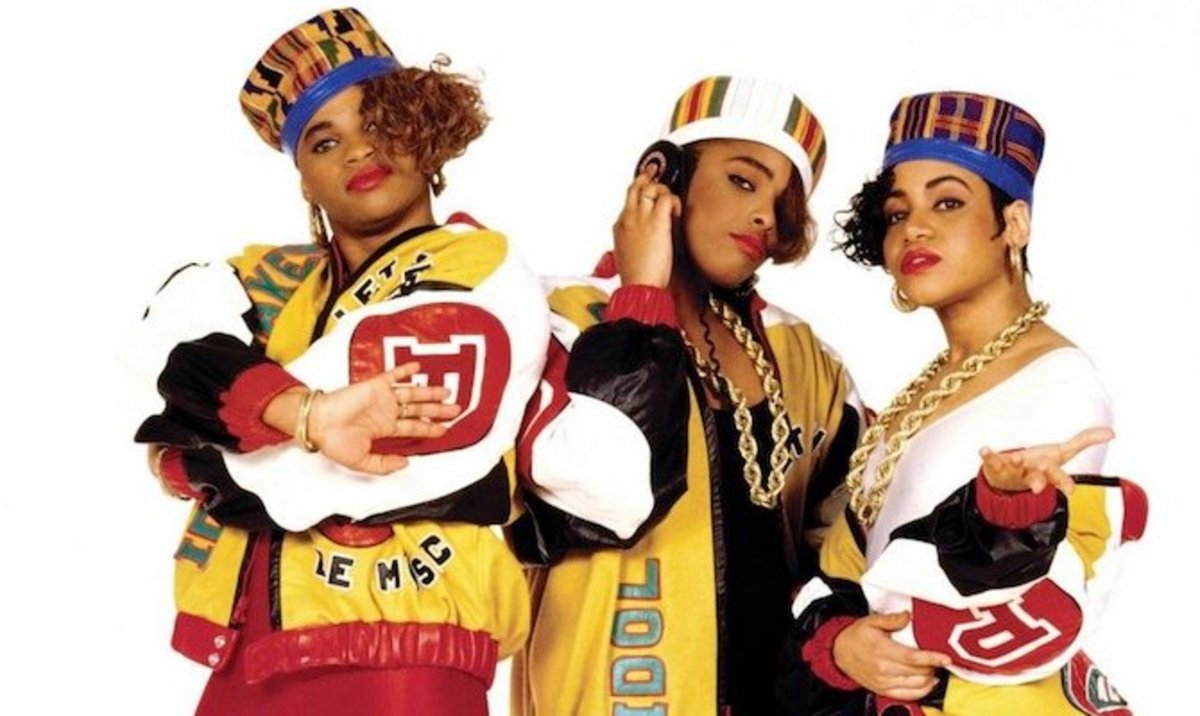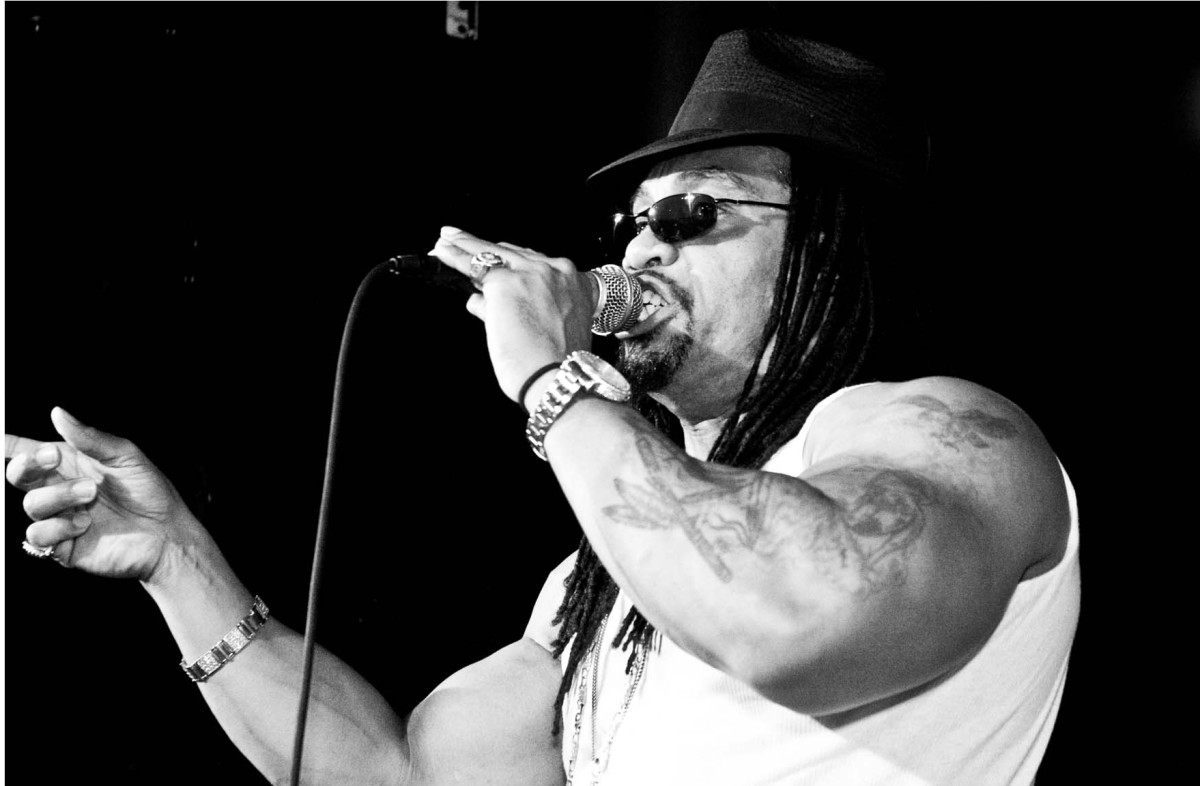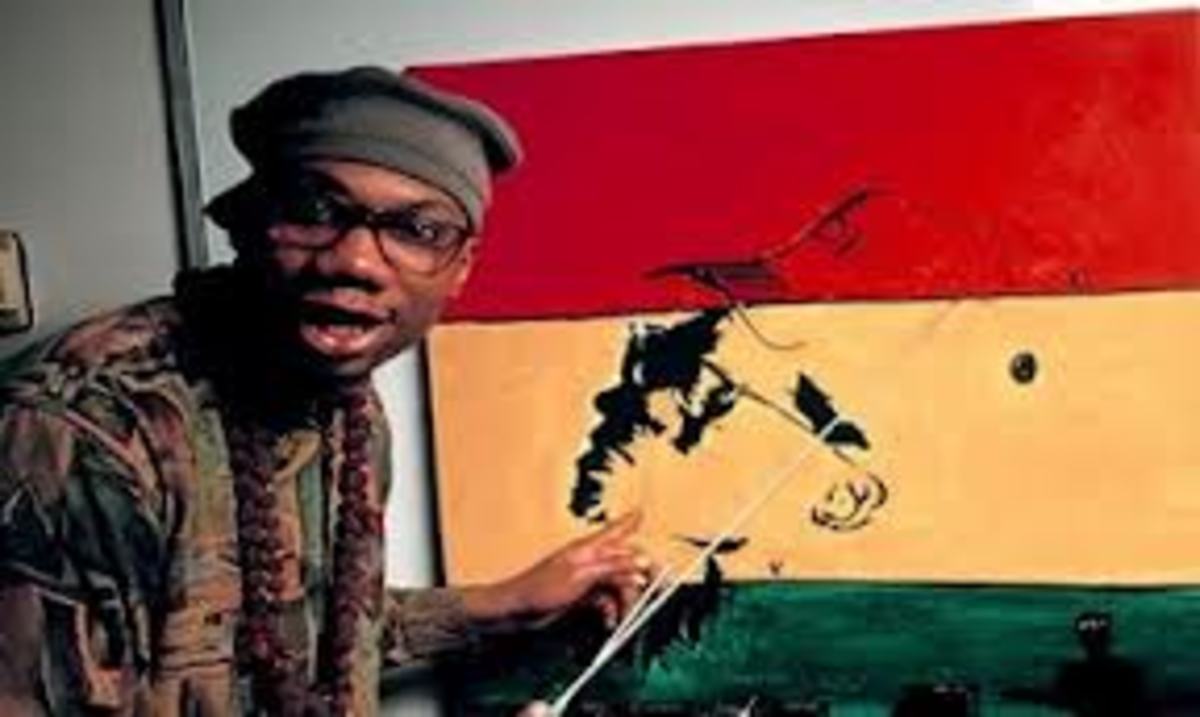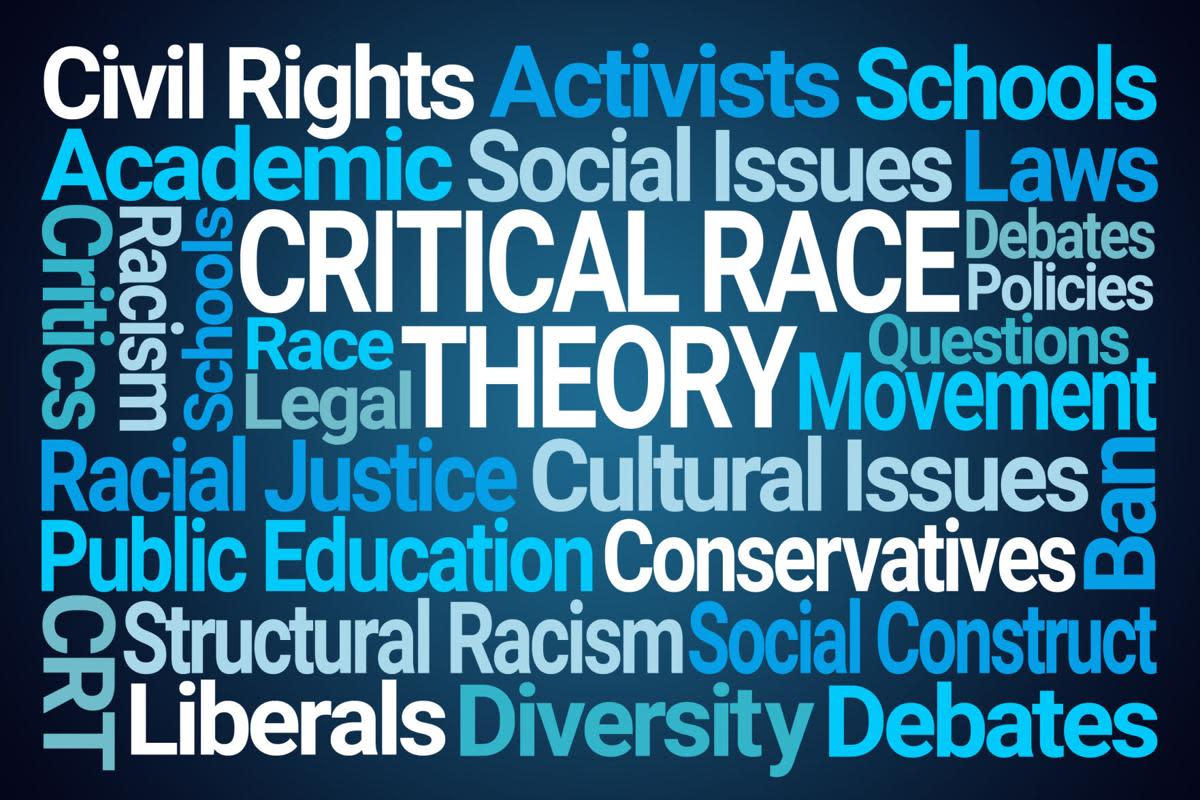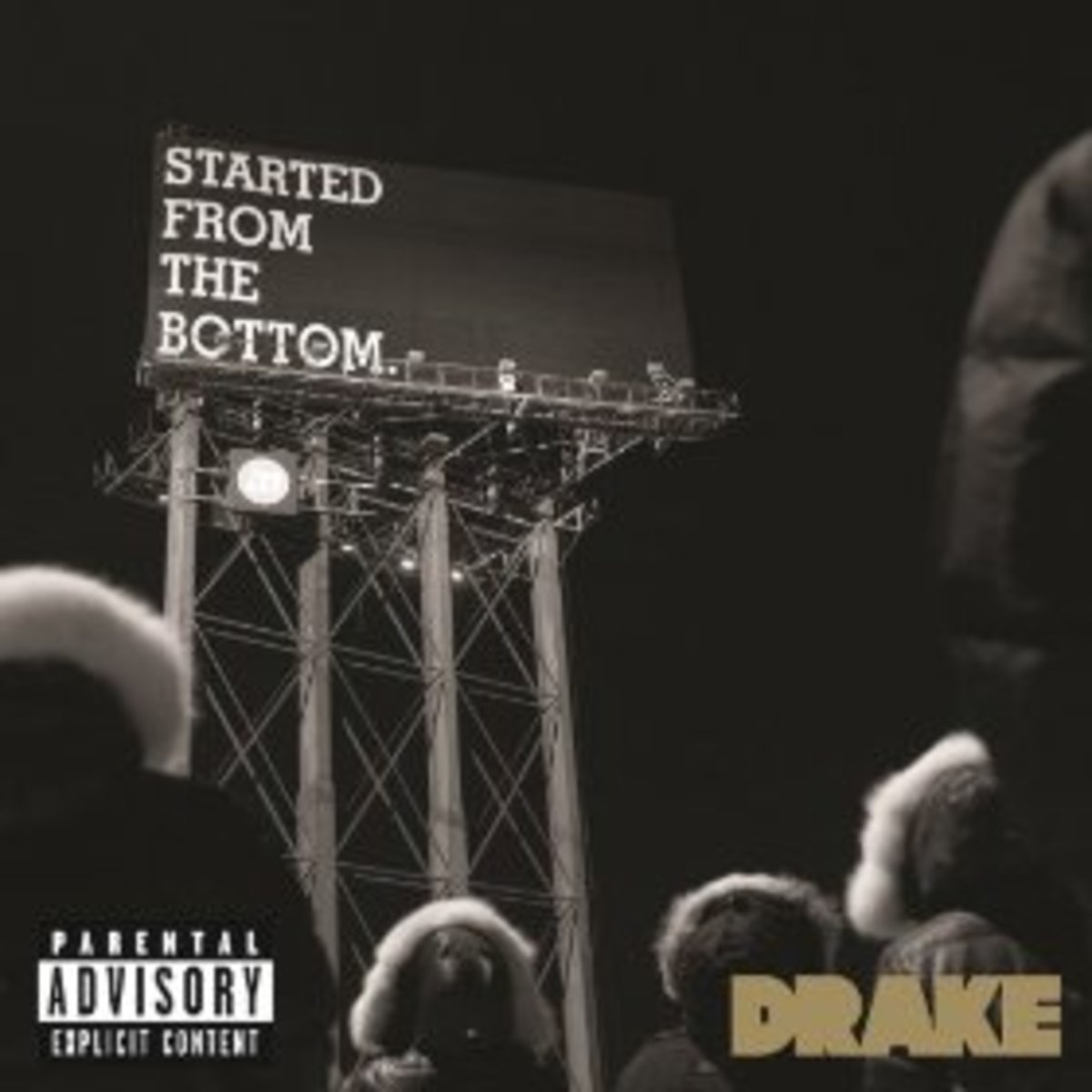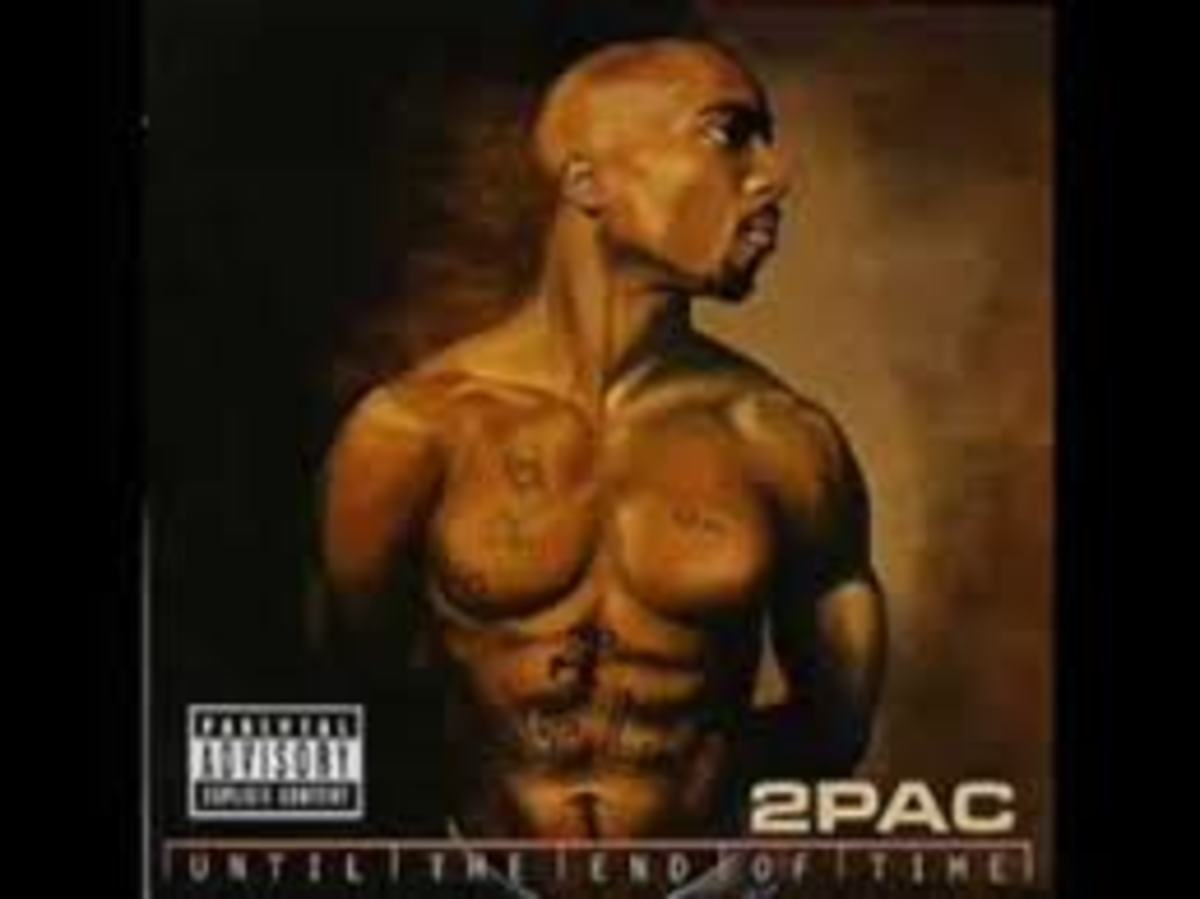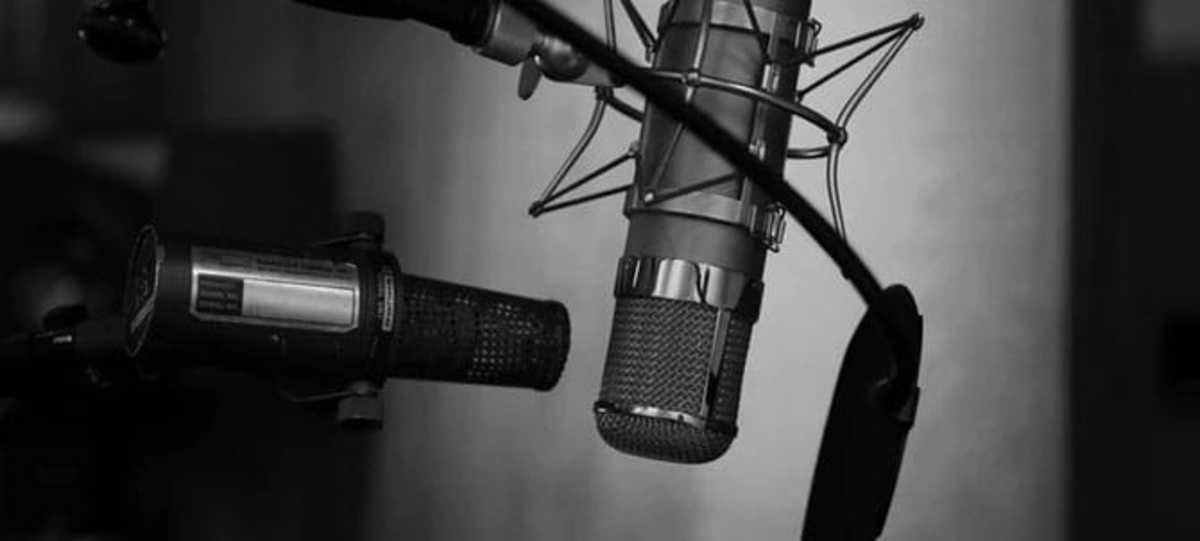How the Hip Hop Movement Is Failing Society
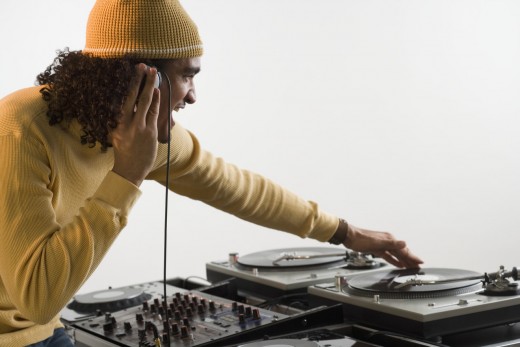
I first began grappling to understand hip hop during college. I had friends who embraced the culture, so I asked them to explain it to me. I wanted to comprehend it ideologically, the culture and the music. What made no sense to me was how a cultural trend that seemed to engender social distress in the community could be considered ‘cool’.
I was often disappointed though because the people I sought out for counsel could never articulate the concept behind hip hop. They were merely blind patrons who uncritically accepted an influence in their lives they did not fully understand. There was a seminal notion about hip hop that eluded me and though I didn’t know what I was looking for, I knew I would recognize it when I found it—and I did find it.
The Most Dangerous Man in America
The following are the words of Malcolm X in his Autobiography written by Alex Haley:
I had been a hustler…the most dangerous black man in America was the ghetto hustler. Why do I say this? The hustler, out there in the ghetto jungles, has less respect for the white power structure than any other Negro in North America. The ghetto hustler is internally restrained by nothing. He has no religion, no concept of morality, no civic responsibility, no fear—nothing. To survive, he is out there constantly preying upon others, probing for any human weakness like a ferret. The ghetto hustler is forever frustrated, relentless, and anxious for some “action.” Whatever he undertakes, he commits himself to it fully, absolutely.
Read on:
What makes the ghetto hustler yet more dangerous is his “glamour” image to the school-dropout youth in the ghetto. These ghetto teenagers see the hell caught by their parents to get somewhere, or they see that they have given up struggling in the prejudicial, intolerant white man’s world. The ghetto teen-agers make up their own minds they would rather be like the hustlers whom they see dressed “sharp” and flashing money and displaying no respect for anybody or anything. So the ghetto youth becomes attracted to the hustler worlds of dope, thievery, prostitution, and general crime and immorality.
I shuddered when I read these words a few years after college and realized what I had discovered. You see, hip hop praises Malcolm X because he—perhaps more than any other black activist—exposed the scourge of racism in America and attacked it with unabated fury. Although he never experienced hip hop culture (because it did not emerge until after his death), we can only wonder what he would have thought about it. But we do know that he came to look unfavorably upon his own past, one that parallels much in the hip hop mindset today.
It became clear to me after completing his riveting book that hip hop is a movement lacking accountability to its social past.
Do you think hip hop and rap music negatively affect society?

Definition of a Hustla
Malcolm X’s words characterize very many hip hop artists and producers today. They are hustlers or those who have created a hustler persona for themselves. It is unreasonable to assume that their wealth and notoriety deters them from a hustler mindset, especially when it is hustling that has gained them their riches. A rich hustler is still a hustler at heart and one who can tell others he did it well. East Coast versus West Coast nonsense, crime, and murder are just as real for hip hop hustlers we deem “stars” as it is for ghetto hoodlums we write off as menaces to society.
To be fair, I don’t vilify hip hop culture or icons nor do I hate it as a musical genre. I truly admire the genius of some performers to match verse and music (and dance) so well that it can rightly be called art. It is also good to hear about life from the hip hop perspective in its honest and rousing poetic verse. Yet I have a problem when the content of hip hop expression is a barrage of obscenity and insult. Many hip hopsters will say that the message of hip hop music is an accurate reflection of what regularly occurs in society. But social science is a small part of the content of most hip hop music today that is often laden with sexual escapades, vanity, and drugs—habits of choice.
I did not grow up on the greener side of the fence any more than some rap artists; but I certainly know that the ghetto is not always the cesspool of decay everyone has jumped on the bandwagon to believe. Life is what one makes it, and hip hop artists have to be crazy to think that their music does not motivate the messages drilled into impressionable minds. Communities—many of them black—thereby become locked in a state of self-defeat when these messages ultimately manifest themselves. What is worse is that the efforts of historical freedom fighters are effectively undermined.
I believe the hip hop movement boldly asserts itself against the advice of stalwart leaders like Frederick Douglass, W.E.B. Dubois, Booker T. Washington, Dr. King, and Shirley Chisholm who told blacks, particularly, that self-respect was the pre-requisite for advancing their cause and gaining not only civil rights, but human rights. Malcolm X advised blacks to “self-correct” their own moral evils. As I see it, hip hop is potentially the most prominent Afro-American influence for social change since the black church piggybacked the civil rights movement into existence. But it flies in the face of the voices of the past and is turning social gains into losses.
How often do you listen to hip hop music?
The American Nightmare
It is each person’s right to enjoy success produced by his own talent. This to me is a more ideal American Dream than any other. It is absolute hypocrisy, however, for rap artists to glorify materialism and their own wealth at the exploitation of mostly black communities and to present false images of glamour to people most of whom cannot hope to expect it.
Furthermore, how is it that black hip hop producers cannot see that the stigmas associated with their craft will not more negatively impact their communities than others? Poverty, single-parent homes, joblessness, unwed pregnancies, crime and drugs, domestic violence, and AIDS ravage the black community. If blacks encounter trouble with the law, statistics prove that the odds are against them more often than not. What need is there for a hopeless and often angry lyric to convey how to give up and give in to lawlessness? But maybe there is more to be said about what black producers cannot see.
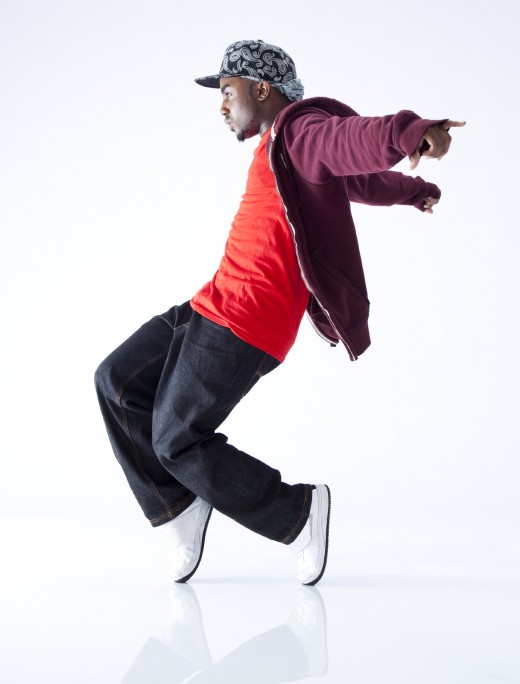
The Mainstreaming of Hip Hop
I had a surprising conversation with a nephew about hip hop artists. He explained to me a quasi-class system of artists and constantly identified certain ones as being “too commercialized.” I learned that this means some artists carry a stigma because they have bowed to the pressure of being mainstream. These musicians who were once hard and who kept it real for black masses so changed that whites—the supposed largest purchasing demographic—might capitalize: those who otherwise would not have made their acquaintance. These artists had fallen to the business of it all, now dictated by white opinion, which detracted, if only slightly, from their respect and fame.
The mainstreaming of hip hop music was not the purpose of black media moguls not because they do not care for the windfall of revenue, but rather for the fact that hip hop music derives from and culturally appeals to an Afro-American audience. Looming in the background of this conversation though are many white media moguls who steer major music companies with insatiable lucrative need for the success of hip hop culture. Their “dirty little secret” is that the small percentage of black purchasing revenue means nothing compared with capitalizing on 100 percent of black style, rhythm, attitude, and sexuality that very many whites may secretly like about black people. Thus black as a brand wins these moguls the whole market.
Is this not an insidious backhanded racism? Are we to believe that these power pushers—these white collar gangsters—really care what hip hop represents? That’s hard to fathom when they can flee the effects of hip hop to the classy suburbs of America and guarantee their own children the best educations and careers. What difference is this from the plantation masters who bedded slave girls to increase their own stock and wealth?
The truly reprehensible fact of it all is that black media moguls and hip hop superstars permit it to happen. It is for allowing this prostitution of black culture by looking the other direction that black artists should be terribly ashamed. How can they not know that whites will not be the ones to bear the brunt of the social blows exacted by the negativity of hip hop? This negative seed affects white communities just as negatively as it does black ones, but the matter is different by degree. Hip hop’s cancer will more effectively ravage a black home where the chances are it is not as socio-economically grounded as a white home.

The Beginnings of Hip Hop
All of this represents the slippery slope of concepts and institutions that begin with wholesome intention but end up being a shell of its original, larger purpose. Hip hop began ideologically as a socio-political vent for an Afro-American underclass and remains a giant platform for social good in that regard—if this remains its purpose; but it has evolved into a lesser, crude form of that.
Today hip hop culture is found worldwide and is most prominent in America and France. It was exclusively black from the beginning, be that Jamaican, African, French, or American, and like a language functions as a basin of life experiences and a worldview primarily from a black ethnic perspective. Unfortunately, the themes in hip hop music globally are much the same as they are in America.
Questions of Personal Responsibility
So how is it that any thinking young person—black or otherwise—would want to follow an ideology that can be shown to plague its own community? What is so attractive about the hustler mentality and life when hopeful opportunity has been spread out like a feast? I have been told that I just don’t get it.
I once attended one of Tavis Smiley’s “Covenant With Black America” tours. The meeting was insightful and an open session was allowed for questions and comments. The one participant who stood out to me above the rest was a young gentleman who characterized himself as a hip hop follower and urged the roster and the audience that although he and his brothas looked, sounded, and acted different from the status quo, they should not be forgotten. They were still present and had a worthy contribution.
The note kept playing in my ear all that week: They should not be forgotten. Such is the nature of movements to plead for social acceptance while actively waging war on conventional values and moral ideals. In their minds tolerance for their cause is only right because we all possess the freedom to express (or push onto others) our opinions. The problem is no one asks—after casting off the values that have long sustained social order—where in the end will my cause leave society?
If devotees to hip hop culture feel forgotten it is because they have excluded themselves from the clear-thinking majority who possess a more accurate assessment of the dangers assailing America’s social decency. The backlash against hip hop has not reared because the music is clean, quiet, edifying, or family-friendly. To the contrary: Hip hop’s artists are the Sirens that are lulling a generation into social oblivion.
Waste of a Generation
I am angry that my peers are allowing themselves to be led astray by hustlers who are only interested in themselves. I also believe that America is witnessing the waste of a generation. I fear that many young people will awake one day to realize how superficial and empty their lives are and to see how much time they have wasted. They will regret not having spent that time building the social skills needed for specialized jobs in a hyper-paced society. They will feel sorry living in a world they know little about and, sadly, care little to experience.
In the end, I have discovered that it is the hustler persona that attracts people to hip hop; yet despite all that has been stated to this point, why the hustler mentality is so luring still eludes me.
We do not always know what is good for us. The freedom to do as we want is a tricky privilege to have because we can imprison ourselves without clear judgment. It is not until there is consequence that we want to evaluate what went wrong, and by then it is too late. The heart of the matter is this: Without moral reasoning and restraint we and our misguided causes and excesses will plunge ourselves headlong into social turmoil. And we really don’t want that.


